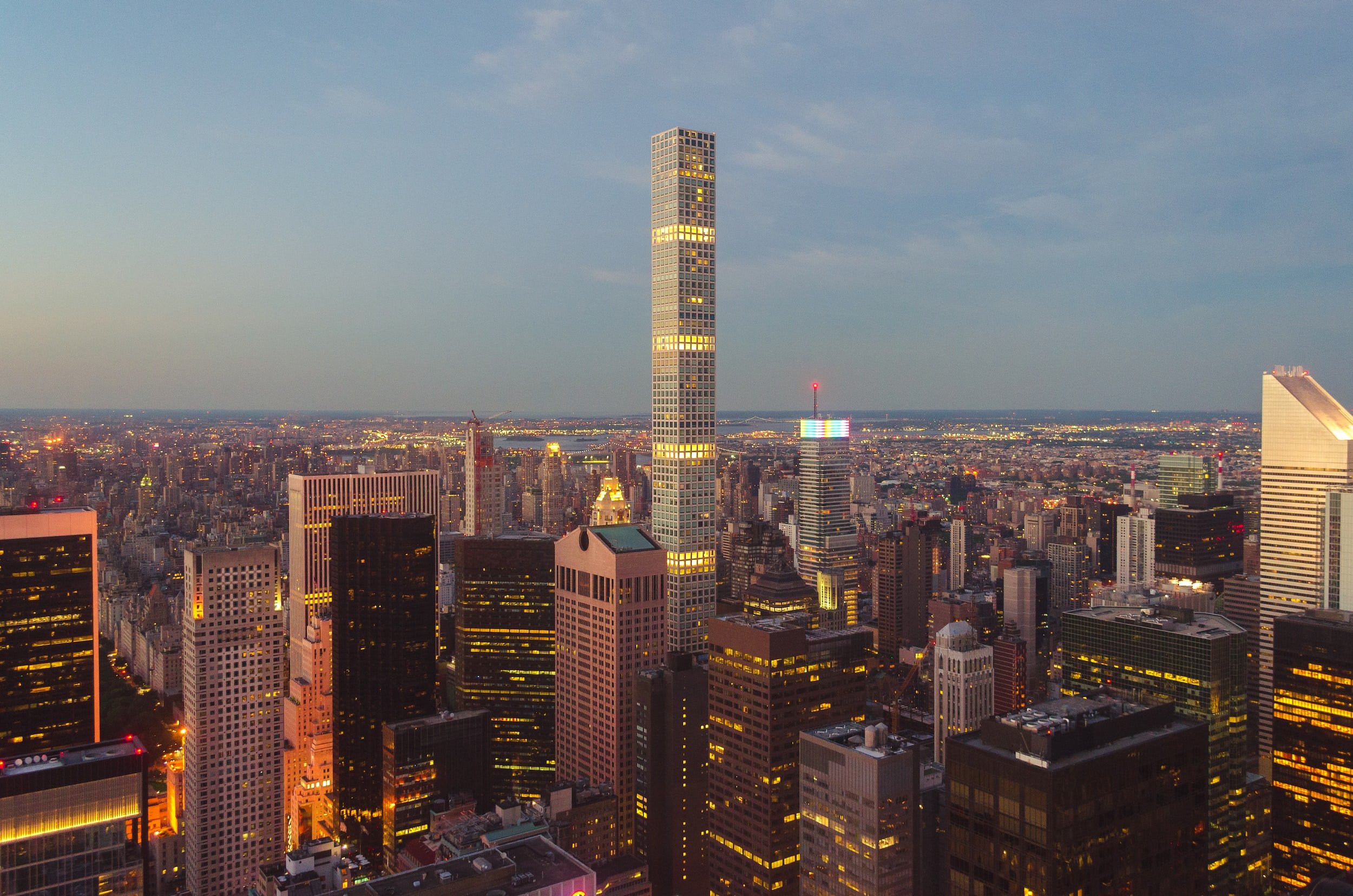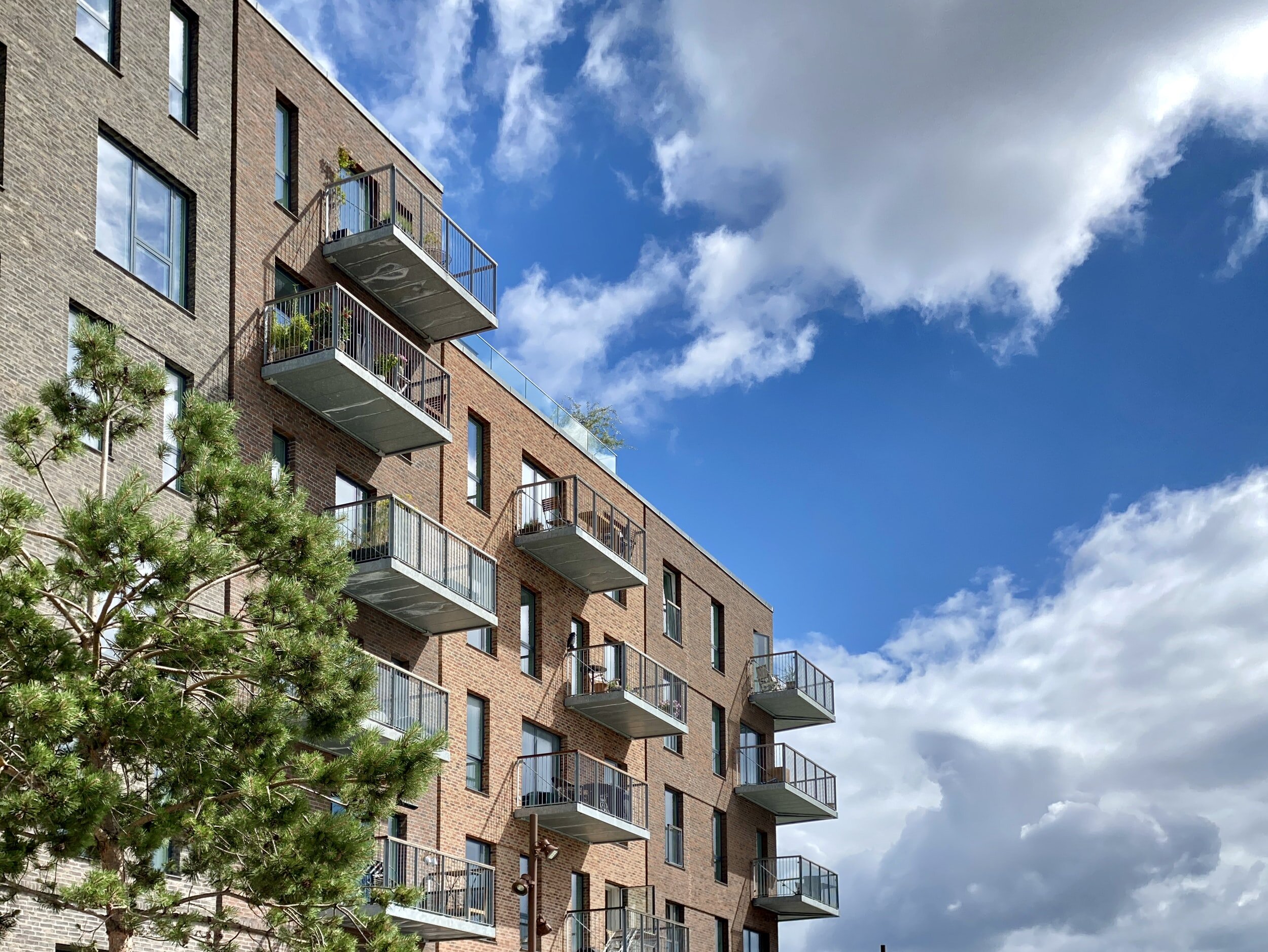Memorial Day weekend is right around the corner, and if you're looking to make the most of your time in NYC and The Hamptons, we've curated a list of must-try experiences for a memorable holiday weekend:
Governors Island Opening Weekend
Kickstart your summer by visiting Governors Island, which reopens for the season during Memorial Day weekend. Explore the beautiful green spaces, bike rentals, art installations, and delicious food options.
Dates: May 26th - May 28th
Location: Governors Island, New York Harbor
Brooklyn Memorial Day ParadeDate
Join the lively Brooklyn Memorial Day Parade, showcasing a diverse mix of community groups, marching bands, and veterans. Celebrate and honor the sacrifices of our heroes in this spirited procession. This is one of the longest standing Memorial Day Parades in the country, and 2023 will mark its 156th installment.
Date: May 29th
Location: Third Avenue, from 78th Street to 101st Street
Washington Square Outdoor Art Exhibit
Immerse yourself in the vibrant world of art at the Washington Square Outdoor Art Exhibit. Discover an array of exquisite artworks, including paintings, sculptures, photography, and more, created by talented local artists
Dates: May 28th - May 30th
Location: University Place, from East 13th Street to West 3rd Street
Watermark Beach Memorial Day Rose all Day Fest
Pier 15 has been transformed into a Summer Oasis complete with tiki décor, seasonal drinks, and twinkling lights. The venue has a 40-foot bar and new cabanas. The Memorial Day party will endless rose and live DJs – more information available here.
Rosie’s Residency Pop-up Series
Rosie’s in Amagansett is one of The Hamptons most popular restaurants. After a successful winter series, they are launching their Summer pop-up series Memorial Day weekend. The summer series will feature various restuarants from New York City. Each residency will last for two weeks, and tables will enjoy a pre-fixe family-style dining format. If you are not looking to reserve, try your luck as walk-in to the bar where an a la carte bar menu is available.
Memorial Day weekend will kick off with Bottino’s residency. Reserve your table in advance via Resy
Dan’s Rose Soiree
The Hamptons kickoff event of the Summer hosted at the Southampton Arts Center. Tickets include tastings for over twenty locally sourced Roses from South and North fork wineries as well as around the world. Fifteen top chefs will be offering up bites throughout the evening.
Date: May 28th, 2023: 6:30-9pm
Location: Southampton Arts Center, 25 Jobs Lane, Southampton
Make the most of your Memorial Day weekend in NYC by attending these incredible events. From paying homage to the fallen heroes to enjoying outdoor activities and immersing yourself in art and culture, there's something for everyone to enjoy during this special holiday weekend.












































